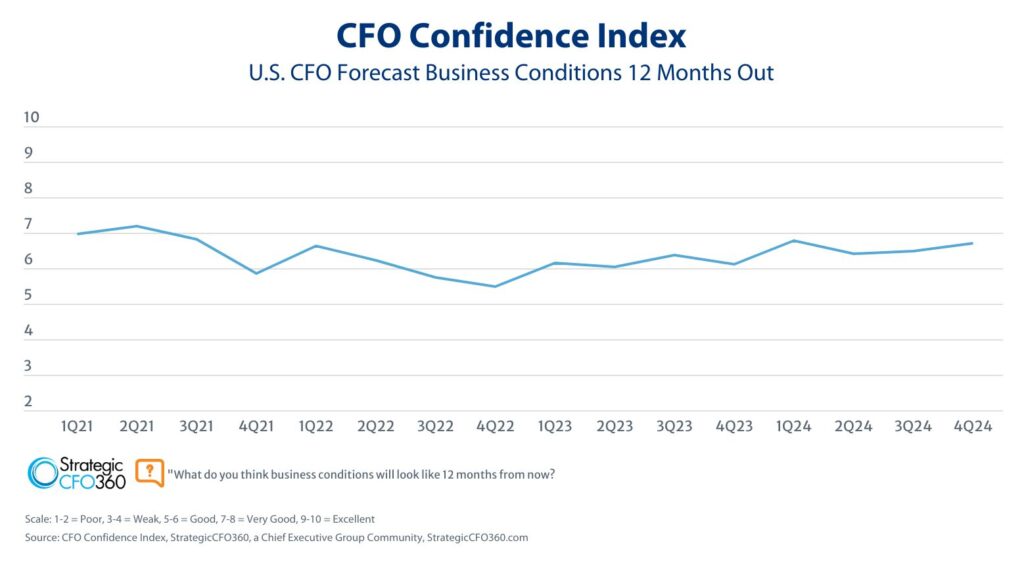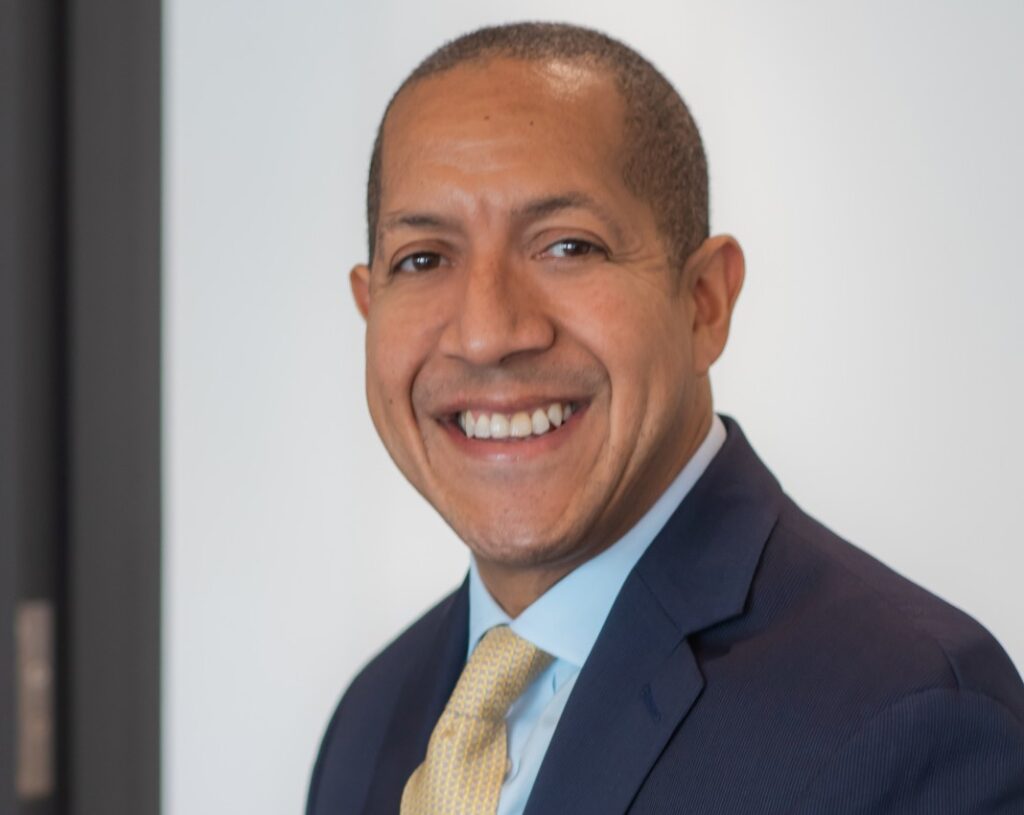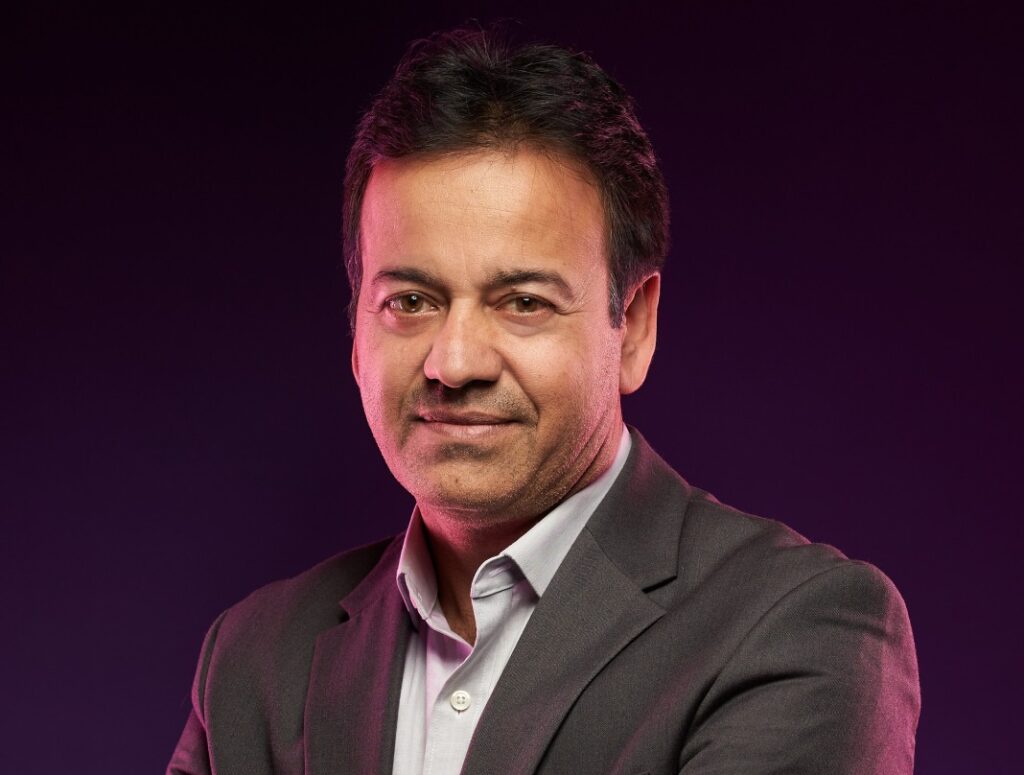External hiring of CFOs at large public companies hit a 10-year high this year, as 44 percent of finance chief seats were filled with outside personnel. Many CFOs will come into an organization—and sometimes an industry—cold: the highly visible example recently being Jim Lee, the 26-year PepsiCo veteran appointed CFO of Target. While climbing an organization’s corporate ladder before becoming its CFO is invaluable, so is job experience across multiple companies and industries.
A finance executive with the latter experience is Arthur Carrier, head of finance at edtech company Ziplines Education. Carrier began his career in the food and beverage business operations at Walt Disney World. “At Disney, I learned to put the customer at the heart of every decision,” he says.
Subsequently, Carrier’s tenure at a railroad company taught him the financial ramifications of safety and the importance of fostering a safety-centric culture. At Ziplines, a San Carlos, California-based startup that partners with universities on certificate courses, it’s the tenacity of mission-driven colleagues that has made an imprint on Carrier.
In a recent interview, we asked Carrier how finance professionals new to their companies should approach their initial months in the role.
What should you focus on in the first 90 days when joining a company as the new finance leader?
From the start, new finance leaders must make a solid first impression. For the CFO to provide value quickly, they must approach preparation as paramount. I recommend gathering as many high-level insights as possible before your first day.
Build on your research as a job candidate by delving deeper into the company’s operations and the broader industry landscape. I like to read as much material as I can get my hands on as soon as I accept the offer.
Remember, listening and understanding are crucial to setting yourself up for success once you start. Numbers mean nothing without perspective. Always dig deeper and verify your assumptions. Recognize the uniqueness of each department and meet with colleagues across the organization to cultivate strong relationships within every functional area.
Additionally, follow the customer’s journey, learning how revenue is generated, what are the key risks and opportunities involved, and where the “bugs” lie in systems. Identify bottlenecks or organizational pain points for customers and employees alike. Those friction points serve as valuable insights for forecasting. They also present opportunities for enhancing business operations.
In a remote work environment, what strategies can finance leaders use to establish and maintain strong relationships?
Communication requires greater intentionality and consistency compared to working in a physical office or even a hybrid environment. Coordinate one-on-one meetings with each functional lead to better understand their goals and needs, as these conversations will inform how finance can work cohesively with them and provide support.
Keep in mind your newcomer status and remain open-minded. Engage people by asking relevant questions and actively listening to understand the nuances. I always conclude information-gathering sessions by asking how finance can effectively support the person’s job function.
Go beyond mere business discussions. Especially in a virtual setting, it’s crucial to establish genuine connections by showing interest in your colleagues’ backgrounds and interests—respecting HR boundaries, of course. Sustain these relationships through regular communication outside of purely transactional contact.
You’re the sole finance executive in a startup. What essential tasks should a professional in your shoes prioritize to support the company’s growth?
Finance leaders in startups often find themselves wearing many hats. The more you embrace these unique experiences, the better-rounded a leader you can become.
I especially welcome opportunities that bring me closer to customers and employees. Those opportunities allow me to contribute meaningfully to the company’s growing culture. I can also leverage my financial perspective to help achieve overall business goals and ensure solid financial principles are a core component of the organization.








